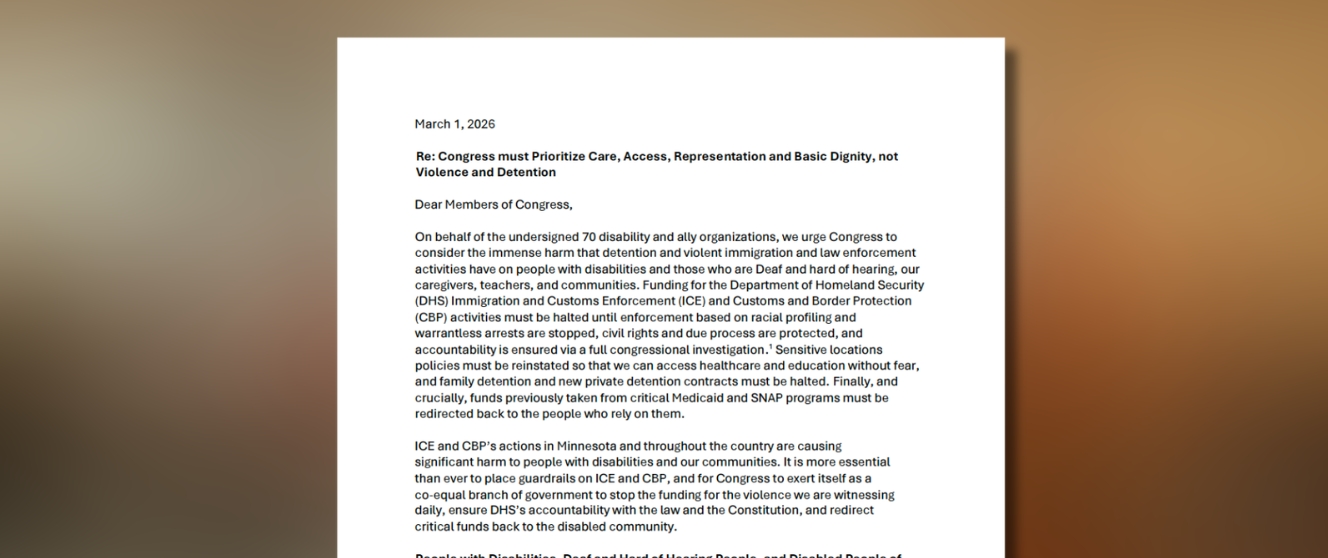
The Disability Rights Education & Defense Fund applauds the June 17, 2021 Supreme Court decision in California v. Texas, which upheld the Affordable Care Act (ACA) and its critical nondiscrimination and healthcare expansion provisions. The ruling by the nation’s highest Court rejected a significant challenge to the constitutionality of the ACA. In 2020, DREDF and a number of allied organizations filed an amicus brief opposing attempts to dismantle the ACA provisions that people, including many with disabilities, rely on to receive the healthcare services and supports they need.
By a resounding vote of 7-2, the Court ruled that neither the states nor the individuals seeking to challenge the ACA have a legal right to sue, known as “standing.” Justice Breyer authored the opinion, with Justice Thomas concurring. Justices Alito and Gorsuch dissented.
While disturbing health inequities and systematic discrimination no doubt persist, DREDF is encouraged and buoyed by this decision. The ACA vastly expanded access to healthcare, expanding Medicaid (the public health insurance program for people living in poverty) and creating private healthcare exchanges that make finding and enrolling in a health plan easier. It also created new nondiscrimination requirements and improved health services for people with disabilities and chronic conditions, including those who can and want to leave institutional care. We are heartened and relieved that the ACA remains the law of the land.
DREDF will continue to work with trusted partners to make sure that the health care of people with apparent or invisible disabilities, older U.S. residents, low-income and underserved individuals and families, Black, Indigenous, and people of color (BIPOC), LGBTQ individuals, women, immigrants, people with limited English proficiency, and those who live at the intersection of multiple identities use every day is maintained and, when possible, improved.
Preserving the ACA is a significant victory that will allow DREDF and other stakeholders to move forward with our efforts to build and improve on the necessary protections and services the law currently provides.

